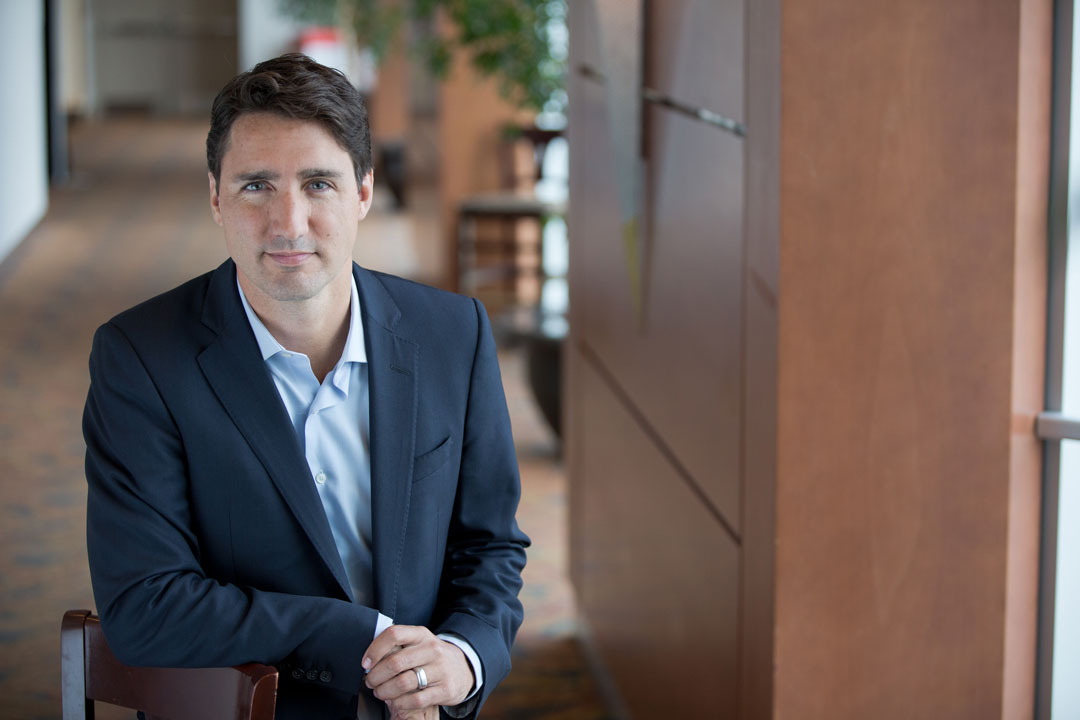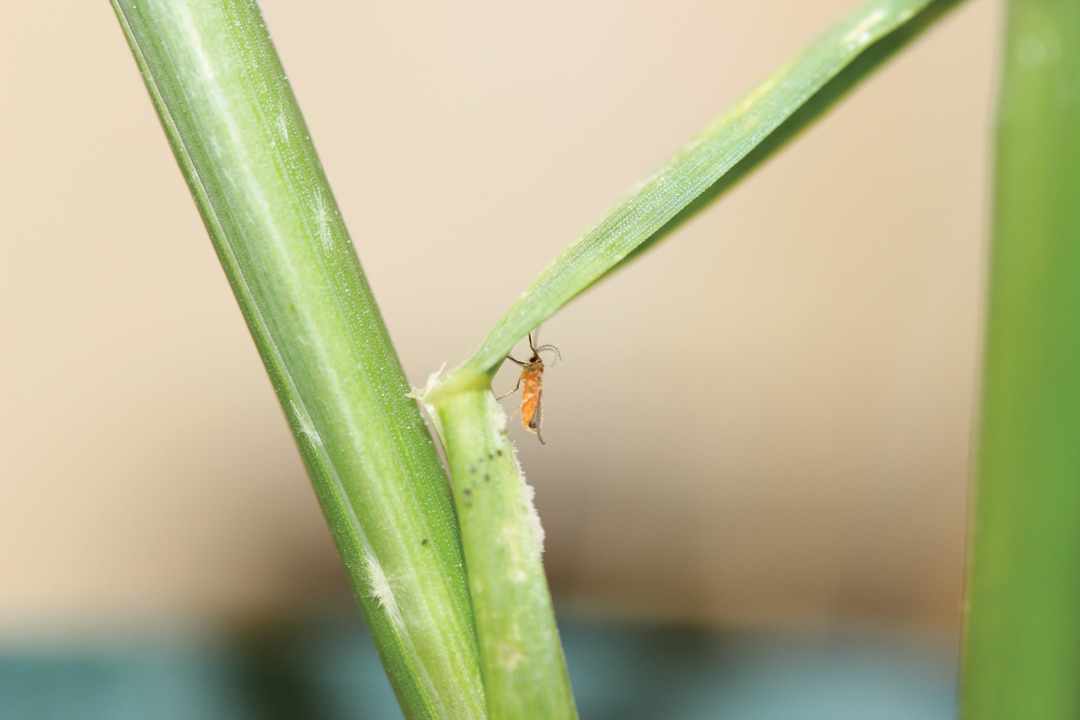LIBERALS, TRUDEAU, WIN MAJORITY IN LANDSLIDE VICTORY
IMPACT OF LIBERAL GOVERNMENT ON AGRICULTURE REMAINS TO BE SEEN
By Tyler Difley
In a stunning reversal of fortunes, Justin Trudeau’s Liberals rolled to victory in Monday’s long awaited federal election, ending a decade of Conservative rule under Prime Minister Stephen Harper.
After a gruelling 78-day campaign, the Liberals secured a 184-seat majority government, sweeping Atlantic Canada and Toronto, while picking up a number of seats in Quebec and British Columbia.
In Alberta, the Liberals picked up two seats each in Edmonton and Calgary, after being shut out completely in the province in 2011. Prior to this election, the Liberals had not won a seat in Calgary since 1968, when Pierre Trudeau was prime minister.
After Monday’s result, the Liberals have representation from every province, including 12 MPs across the Prairies. However, that number represents a small percentage of the Liberal caucus, which is largely made up of MPs from Ontario, Quebec and Atlantic Canada—traditional Liberal strongholds. Rural Alberta and southern Saskatchewan overwhelmingly voted Conservative, consistent with 2011 election results.
Several Conservative cabinet ministers were casualties of the Liberal surge, as Chris Alexander (Immigration), Joe Oliver (Finance), Gail Shea (Fisheries), Julian Fantino (Veterans) and Bernard Valcourt (Aboriginal Affairs) all lost their seats. Stephen Harper won his Calgary riding handily, but resigned as Conservative leader when the results of the election became clear. For now, it appears that he will remain in the Conservative caucus and stay on as the MP for Calgary Heritage.
In Saskatchewan, the NDP hoped to break through in several ridings, but only won three seats, a disappointing finish for the party that was echoed across the country. In Quebec, a sea of red replaced the “orange crush” of 2011, as the Liberals won 40 seats and the NDP was reduced to only 16. NDP leader Thomas Mulcair was re-elected in the Quebec riding of Outremont and will continue to serve as party leader.
Barring any changes as a result of re-counts, the party standings in the House of Commons will be as follows: 184 Liberals, 99 Conservatives, 44 NDP, 10 Bloc Québécois and 1 Green.
One of the Liberal victors in Atlantic Canada was agriculture critic Mark Eyking, who received more than 73 per cent of the popular vote in his Nova Scotia riding. NDP agriculture critic Malcolm Allen was not so lucky. He lost by more than 2,000 votes to the Liberal candidate in Niagara Centre, after representing the region since 2008. On a positive note for the NDP, the party’s deputy agriculture critic Ruth Ellen Brosseau was re-elected in the Quebec riding of Berthier–Maskinongé. She will likely be the frontrunner to replace Allen as the party’s agriculture critic.
Agriculture Minister Gerry Ritz was re-elected for the seventh time in the Saskatchewan riding of Battlefords–Lloydminster, but will be relegated to the opposition benches along with his remaining Conservative colleagues. Ritz was first elected in 1997 with the Reform Party and has served as minister of agriculture for the Conservatives since 2007.
Within prime minister-designate Justin Trudeau’s caucus, there are a few MPs with agriculture experience who could become the new minister of agriculture. Possible candidates include current agriculture critic Eyking, former agriculture critic Wayne Easter, and popular Saskatchewan MP Ralph Goodale, who has served as minister of agriculture, finance and natural resources at various points during his career. We won’t know for certain until Trudeau swears in his new cabinet on Nov. 4.
For now, there are many question marks surrounding the impact a Liberal government will have on the agriculture industry, but it should bode well for Canadian ratification of the Trans-Pacific Partnership, an agreement vital to Canadian farmers. Trudeau has said the Liberals are not opposed to free trade, but they will have to see the details of the completed deal before approving it. In contrast, the NDP came out against the TPP in the final weeks of the election campaign.







Comments